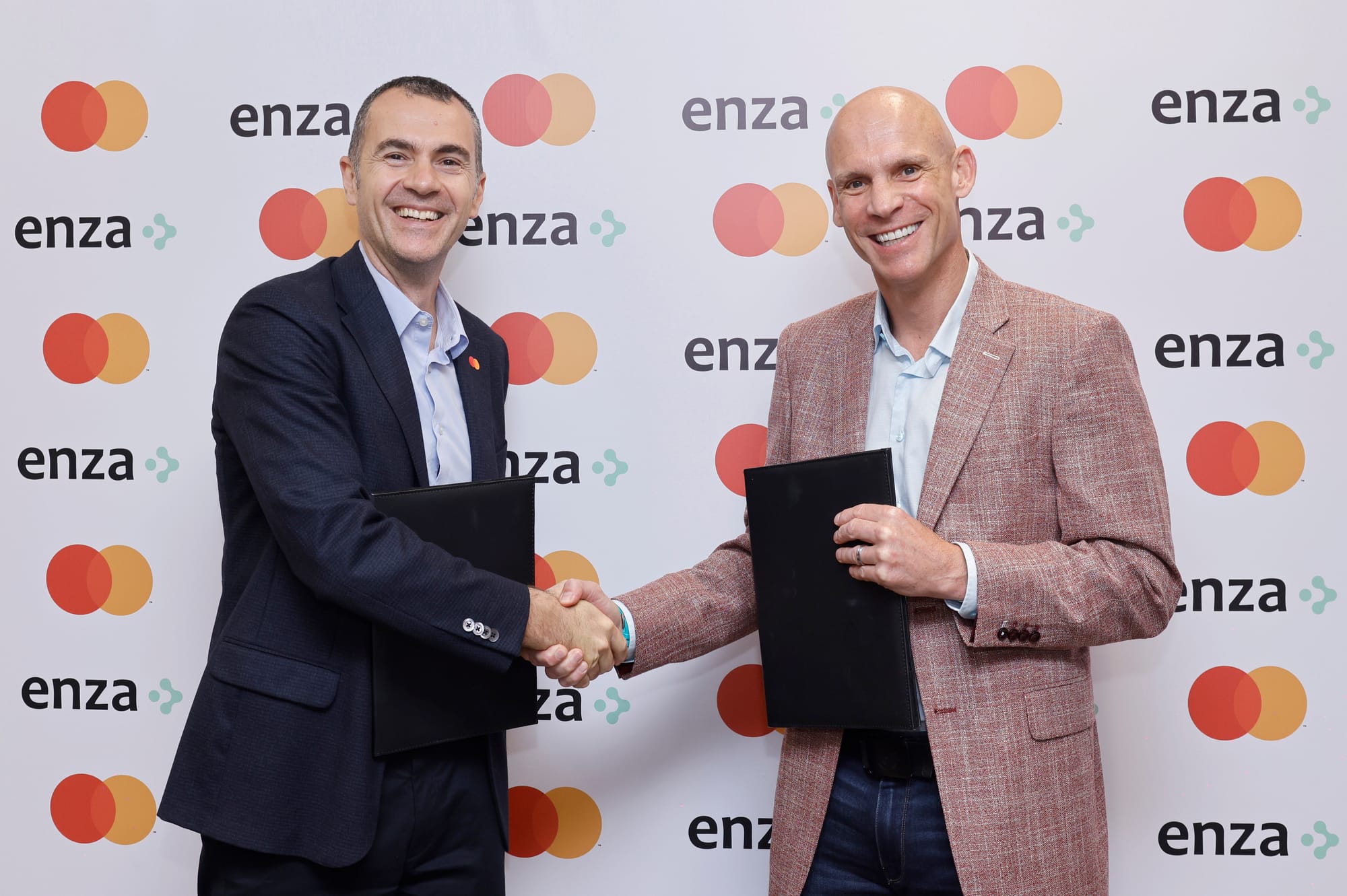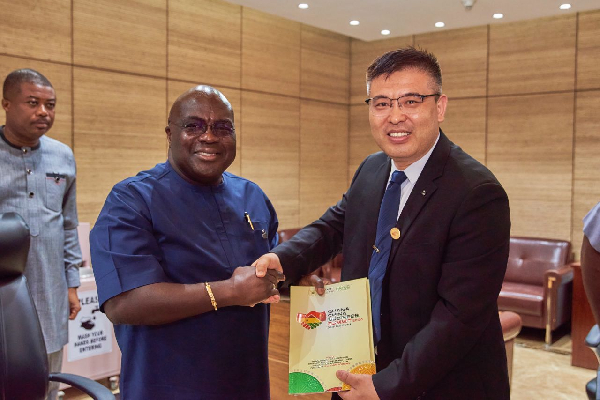Navigating geopolitics is as important as understanding geology, and building strong partnerships can help African countries and mining companies maximise the significant mineral resources on the continent, as well as the global opportunities presenting themselves. This was clear in discussions held at the third edition of the London Indaba on “investing in resources and mining in Africa” which took place on 24 and 25 June 2025 at the InterContinental Park Lane, London, organised by Resources for Africa, the organisers of the Joburg Indaba.

In conversation with Bernard Swanepoel, chair of the London Indaba 2025, Mike Fraser, CEO of Gold Fields spoke of ongoing investment in junior gold producers to fill the pipeline by 2040. However, the discussion emphasised that to sustain further investment in gold mining in African countries, companies need stability and security. Supplied by Resources 4 Africa
In the opening keynote address at the London Indaba 2025, Mark Cutifani, chair of Vale Base Metals, said that Africa hosts some of the most significant ore bodies in the world. The continent has 40% of the worlds’ natural resources, and only 30% of the continent has been reasonably explored.
Bernard Swanepoel, convenor of the event, asked the question, “Mining is important to Africa. How do we ensure Africa is important to mining?” Cutifani said “partnerships are key and for Africa to be successful we need to make sure we
African countries and mining companies need to amplify their voices. “People don’t hear the good stories about Africa – only the bad. We haven’t done a good job in telling our story. Some of the best, successful mining stories are in Africa,” said Cutifani.
In a context of war, tensions between the US and China, and the impact of US President Donald Trump’s administration on trade, financial and commodity markets, diplomatic relations and ESG, African countries seeking investors and mining companies pursuing returns have many challenges to juggle.
In a panel discussion on “Geopolitics: the new world order – what does it mean for mining?” Ronak Gopaldas, director of Signal Risk, said mining is “not just geology, geopolitics is equally important.”
Claude de Baissac, CEO of Eunomix, said geopolitical partnerships were increasingly important and CEOs were having to become chief geopolitics officers. “Your nationality [as a company] determines your reach – for most, their horizons are narrowing.”
Gopaldas noted, “Trust is in short supply. The US has moved from the underwriter to the undertaker of the global order. Mining companies need to decide if they want a good time or a long time. Social contracts are important. Build trust, and engage with government as partners,”
Gopaldas also said the scope for African countries to successfully maximise their mineral resources will be based on predictability, pragmatism and partnerships. “Winners will tick all three Ps”.
Gopaldas said in addition to clear rules of engagement, it is also about the quality of the ore body, or in the words of Trump – do you have the cards? Not every country can beneficiate, rather countries need to understand their role in the value chain.
In another session, Winston Chitando, Minister of Mines and Mining Development in Zimbabwe, said, “We have the resources, we have the skills, we need the capital.” For serious and significant investors [of more than USD100-million] special 25-year mining leases can be issued. “We would like to see value addition in the country, where this is viable and where there are sufficient mineral resources in place.”
The event also raised the global discussion around copper as one of the critical minerals in great demand. Population growth in the developing world, robust GDP per capita in the developed world and strong demand for copper from both China and developed economies, is underpinning continued demand, said Paul Gait, group head of strategy at Anglo American. Any item that requires electricity to function is made up of about 6% copper, and therefore the metal is not only needed for the just energy transition.
Chris Griffith, CEO of Vedanta Base Metals, said global population growth, supported by increased purchasing power will significantly increase copper consumption. Key drivers for demand will also include solar and wind power, electric vehicles and data centres. “Everybody wants to be in copper,” said Griffith, but can the gap between demand and supply be bridged?
Griffiths explained that while exploration spending on copper has increased in the last 10 years, more recently discoveries have declined with exploration focused on known deposits. There are sufficient copper resources, but is there sufficient capital? There are about 250 possible projects, which have a lead time of between 13 and 18 years from exploration to production. Among the hurdles is that fundraising has become challenging with competition for investment from other critical minerals and the tech industry.
Tristan Pascall, CEO of First Quantum Minerals, said the challenges to ensure adequate supply include geology, with mining companies just not as successful at finding deposits. In addition grades are declining, capital intensity is rising, and the time to secure permits is longer.
One metal, though not regarded as critical, is enjoying renewed demand. Mike Fraser, CEO of Gold Fields, said there is still upside for the gold price, as it remains a safe haven, particularly in the context of de-dollarisation. On average, gold holdings in investment portfolios are lower than long-term averages.
Gold operations that implement disciplined capital allocation, operational efficiencies and jurisdictional risk advantages will be well-regarded investments.
“Investment decisions must improve the quality of a portfolio over time. Otherwise, we should give the funds back to shareholders,” Fraser said. The ongoing investment in junior gold producers will fill the pipeline by 2040. However, to sustain further investment in gold mining in African countries, companies need stability and security. Ghana and South Africa are both tweaking policy, which is dominating investor discussions.
Phumzile Mgcina, Deputy Minister of Minerals and Petroleum Resources in South Africa, said critical minerals policy is an actionable strategy intended as a roadmap, exploration is essential and the country remains firmly committed to beneficiation, with a review of the regulatory framework underway.
Peter Leon, partner and Africa chair at Herbert Smith Freehills, said African countries have an opportunity to benefit from increased demand for critical minerals, yet they are exerting more control over their resources through greater regulation. There are ample opportunities for African countries to attract increased investment in mining but the investment environment they create will determine their success.
supplied by Resources 4 Africa, edited by Sharyn Macnamara












